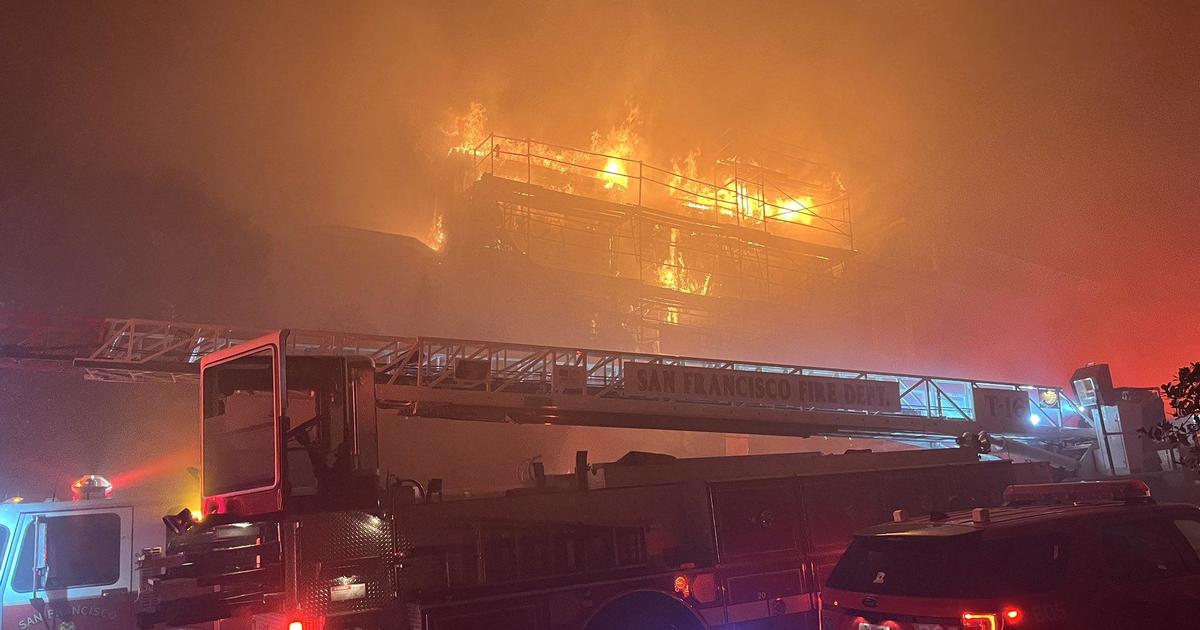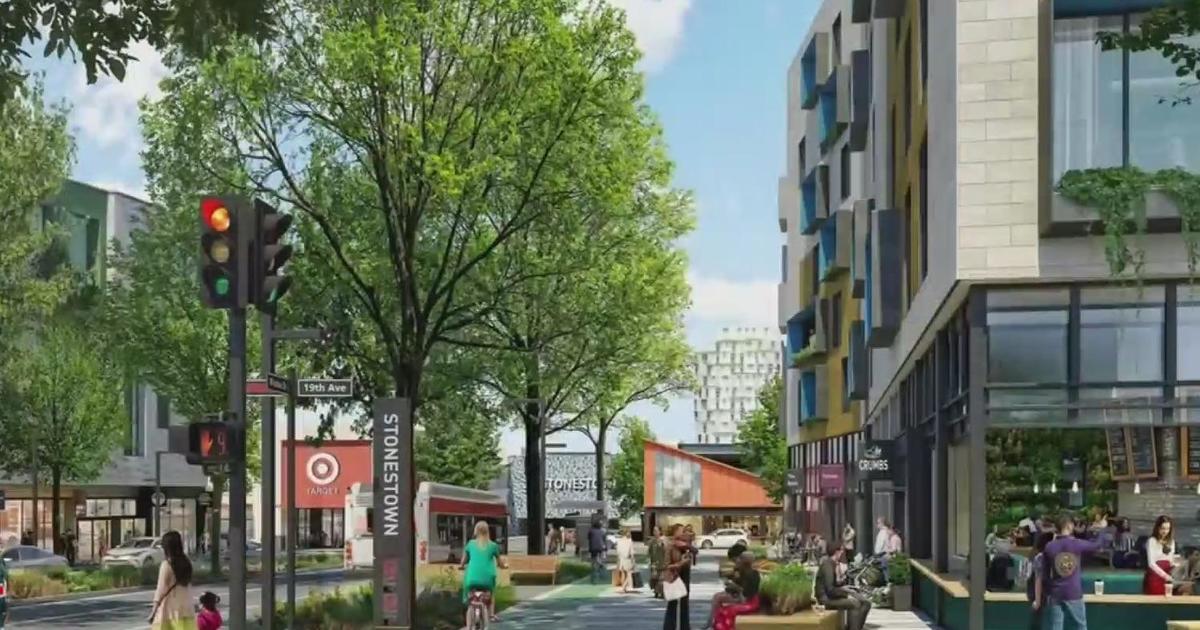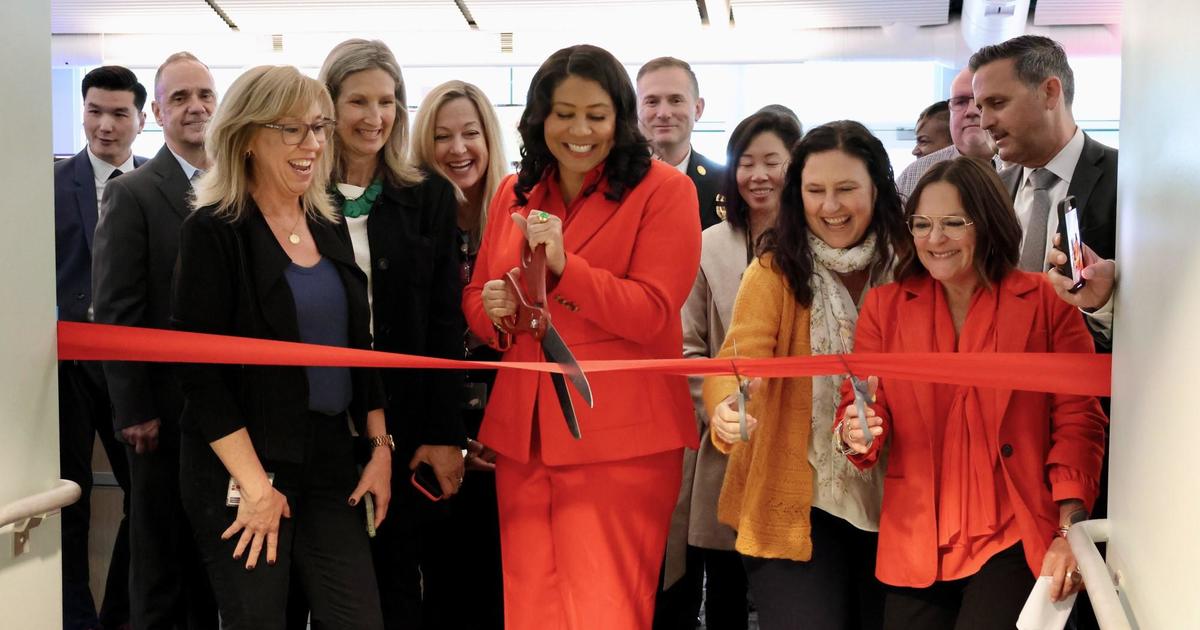Non-profit leads push to clean up graffiti in San Francisco
SAN FRANCISCO -- After a pandemic pause in enforcing San Francisco graffiti removal laws, city officials and volunteer groups are looking to clean up the mess.
"You have to have passion for it, the neighborhood, the people the community, just like we feel about Chinatown," Lowe told KPIX5. He's a member of the group United Peace Collaborative. They've concentrated their cleanup efforts in Chinatown but are branching out to other commercial corridors.
Leanna Louie is the founder of UPC. She's also running for District Four supervisor. "It's important because we have to let people know that we love our city and we want to protect it. Graffiti is the gateway to crime. When you see graffiti - you see that hey, these people don't even care about the community," she said.
These volunteers are about to get a boost from the city in the form of a two year pilot program just signed into law in Mayor London Breed's budget.
The pilot program was written by District 7 Supervisor Myrna Melgar, who says the lack of tagging enforcement snowballed the tagging problem during the pandemic.
"There was lots of empty storefronts, people tagged, tagged some more and then nobody was cleaning it up because there was no incentive to because nobody was enforcing it," Melgar told KPIX5.
With four million dollars, the city will help business owners repaint in major commercial corridors with a combination of the carrot and the stick.
"Right now the city has the ability to clean up graffiti but only from public places, if it's a private building we can't touch it unless we get permission in writing from the owner or the tenant. This way we will get permission from you in exchange for not fining you." Melgar hopes cleaner commercial corridors will fill empty storefronts again.
Louie hopes untagged buildings will help increase a sense of safety. "We can't tolerate graffiti and we don't tolerate other crimes as well."
The pilot program is expected to kick off in about four months and will last two years until the tagging problem around the city is under control.




